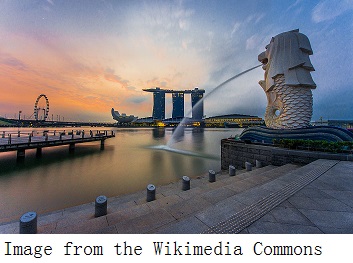ACCV2014 Workshop
Human Gait and Action Analysis in the Wild:
Challenges and Applications
Singapore
Nov 1, 2014

Call For Papers | Organizers | Important Dates | Submission | Registration | Program | Others
Call For PapersHuman gait analysis and its more general field on human action analysis have progressed for over decades in terms of theory, algorithms and applications, but not without limitation. Significant challenges are imposed to the current work when gait and action analysis is carried out in the wild. Gait and action analysis in the wild connotes more general analysis and is required to tolerate the various factors enforced by the uncontrolled environment and the uncertainties caused by the uncooperative human objects. Tackling these challenges will further boost the relevant applications on security surveillance, monitoring, human-computer interaction and multimedia. This workshop intends to be positioned at the frontier of human gait and action analysis research focusing on the challenges raised by the practical environment i.e. the wild. It will give a comprehensive discussion on the synergy between gait analysis and general action analysis. It will showcase the most excellent and advanced work underway at academic, industry and private research organizations as well as government labs. Topics of interest include, but are not limited to:
Special announcement from ACCV2014 Organizing Committee on main conference and workshop paper submission ACCV2014 will continue the "fall back" strategy used successfully in ACCV2012, which can connect some rejected main conference papers to appropriate workshops. The papers rejected by the main conference but connected to a workshop by the author(s) will be automatically passed to the workshop organizers, together with the main conference review comments. The workshop organizers will see the paper and the reviews, based on which they can decide whether the paper can be accepted or not by the workshop. For this purpose, when potential ACCV2014 authors submit a paper to the main conference, they will be allowed to select a workshop as a “backup” option in case that the if paper is not accepted by the main conference. Contact |